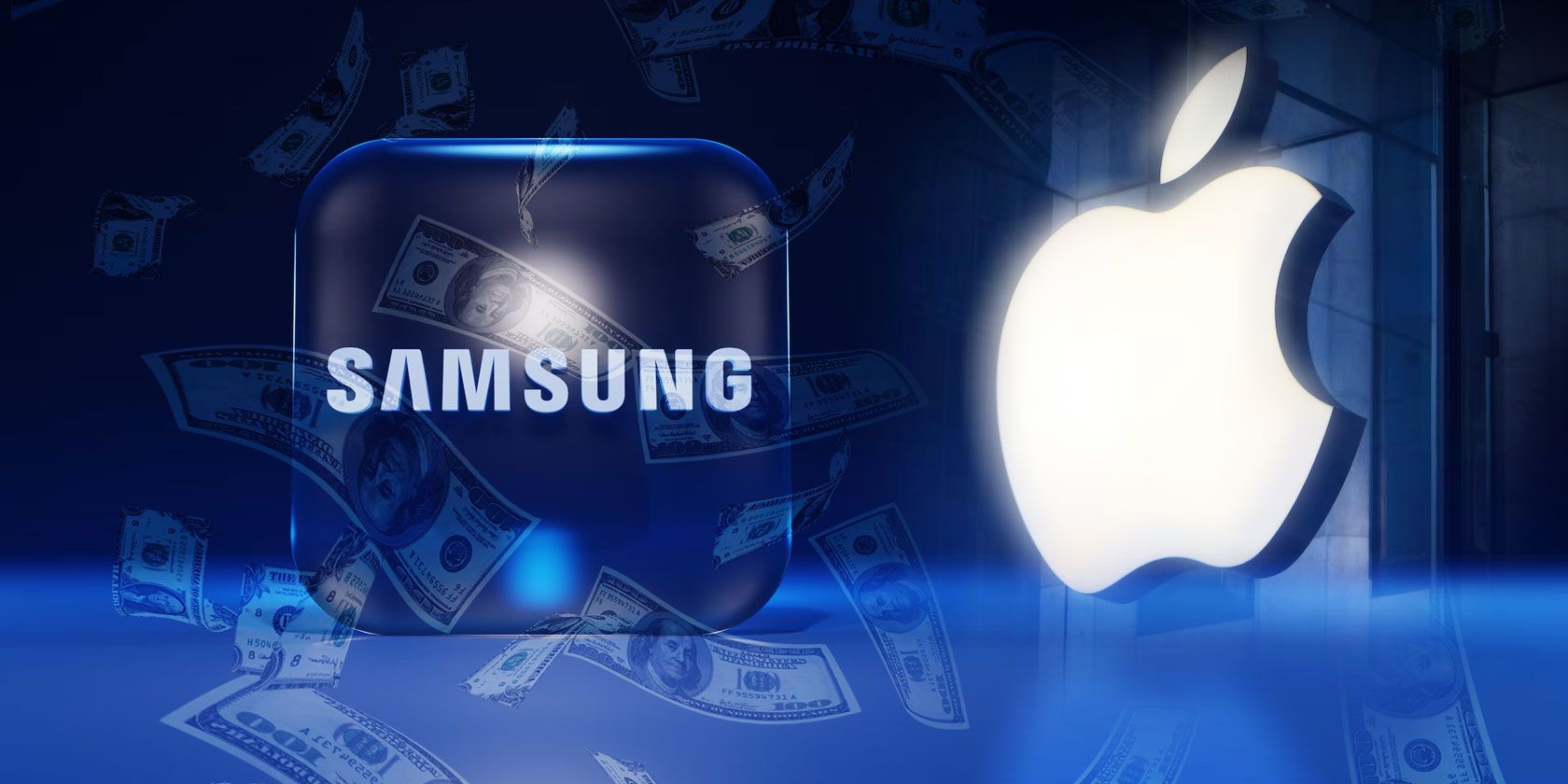Credit System Replacing Import Licensing: A Relief for Apple and Samsung 2023

Credit System Replacing Import Licensing: A Relief for Apple and Samsung 2023
In a move aimed at streamlining the import process and easing the burden on global tech giants like Apple and Samsung, countries have started to transition from traditional import licensing systems to innovative credit-based mechanisms.
This shift promises substantial relief to companies that heavily rely on international supply chains, allowing them to navigate complex trade regulations more efficiently.
Historically, countries around the world have implemented import licensing systems to regulate the flow of goods across their borders.

These systems required companies to obtain licenses for each import transaction, which could be a time-consuming and cumbersome process.
Such licensing mechanisms often involved extensive paperwork, bureaucratic red tape, and sometimes even arbitrary decisions, making it challenging for companies to predict and manage their import needs effectively.
Global technology companies, such as Apple and Samsung, have complex supply chains that span multiple countries and continents.

They rely on a constant flow of components, parts, and materials to maintain their production and meet consumer demand. The traditional import licensing system presented several challenges for these companies, including:
- Delays in Importation: Obtaining import licenses for each shipment could lead to significant delays, impacting production schedules and product launches.
- Administrative Burden: The paperwork and administrative overhead involved in securing licenses for numerous import transactions added to the cost and complexity of operations.
- Uncertainty: Tech companies often faced uncertainty when applying for licenses, as decisions could be influenced by geopolitical factors or policy changes.
- Supply Chain Disruptions: Any disruption in the licensing process, whether due to administrative issues or regulatory changes, could have a cascading effect on the supply chain, leading to production slowdowns or stoppages.

Recognizing the challenges posed by traditional import licensing systems, several countries have started transitioning to credit-based systems. These innovative mechanisms allocate import credits to companies based on their historical import patterns, compliance with regulations, and economic contributions to the country. This shift offers several advantages:
- Predictability: Import credits provide companies with a predictable allocation of import capacity, allowing them to plan their importations more efficiently.
- Reduced Administrative Burden: The credit system simplifies the import process, reducing paperwork and administrative overhead. Companies no longer need to secure individual licenses for each shipment.
- Enhanced Supply Chain Resilience: The credit system fosters more stable and resilient supply chains, as companies can better anticipate their import needs and plan accordingly.
- Improved Compliance: By aligning the allocation of credits with a company’s compliance history, the credit system incentivizes companies to adhere to import regulations and promote responsible trade practices.
- Geopolitical Stability: Companies are less vulnerable to sudden changes in import regulations or political factors, as the allocation of credits is generally based on long-term relationships and contributions to the economy.

Apple and Samsung, as two of the world’s largest technology companies, stand to benefit significantly from the transition to credit-based import systems:
- Streamlined Operations: The credit system simplifies their import processes, allowing them to streamline their operations and reduce administrative costs.
- Efficient Supply Chains: Predictable import credits enable these companies to maintain efficient and robust supply chains, ensuring a steady flow of components and materials.
- Reduced Risk: With a reduced risk of supply chain disruptions due to regulatory changes, these companies can better manage production schedules and meet consumer demand more effectively.
- Increased Investment: The stability provided by credit-based systems encourages long-term investments in the host country, benefiting both the companies and the local economy.
The transition from traditional import licensing systems to credit-based mechanisms offers significant relief to global tech giants like Apple and Samsung.
By simplifying the import process, reducing administrative burden, and providing predictability, credit systems enable these companies to maintain efficient supply chains and navigate the complexities of international trade more effectively.

This shift not only benefits companies but also promotes economic stability and encourages responsible trade practices. As more countries adopt credit-based import systems, tech giants and businesses in other industries can look forward to a more streamlined and efficient global trade environment.




